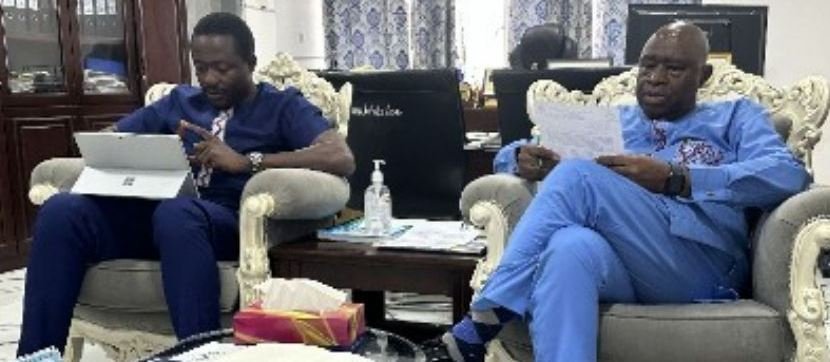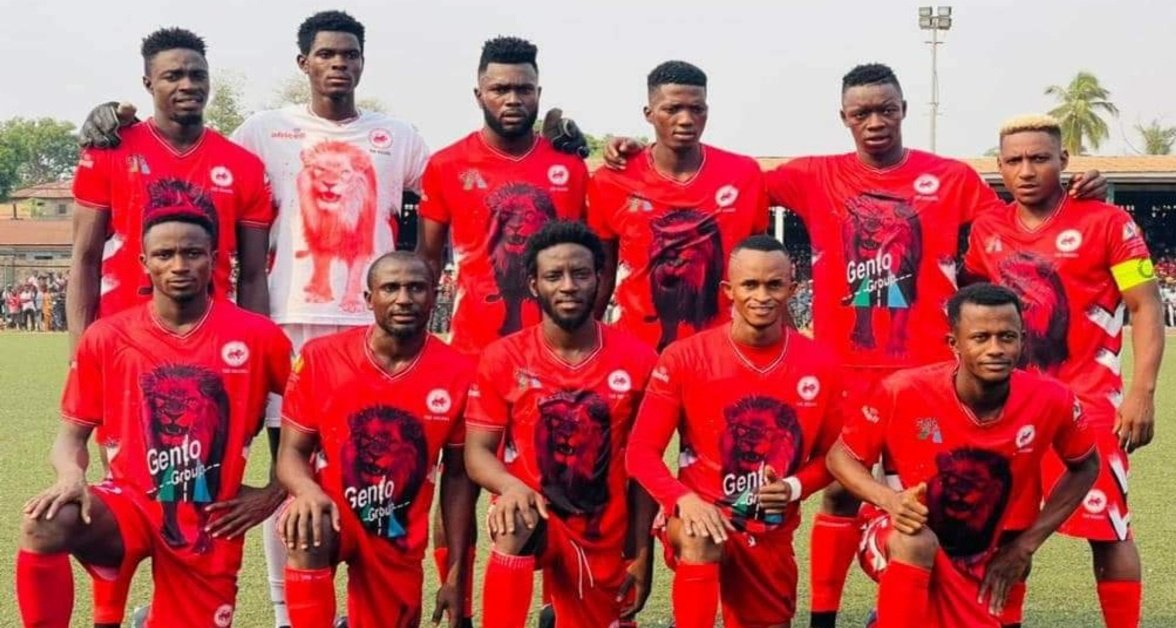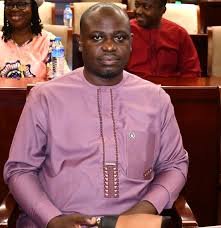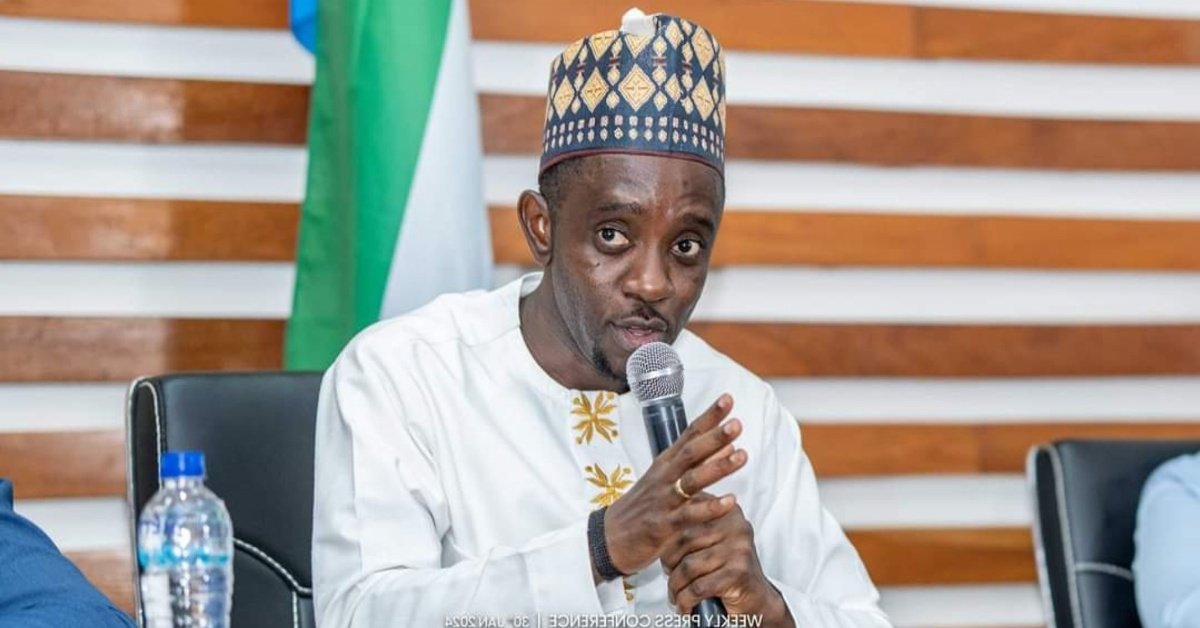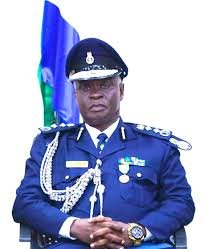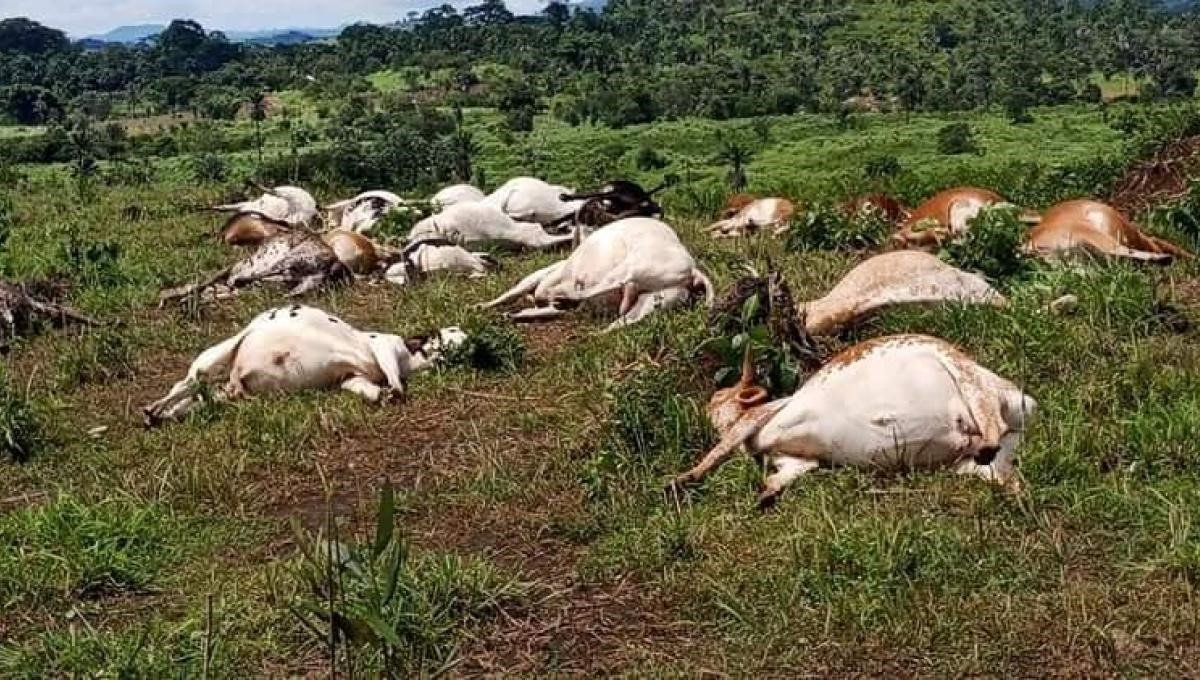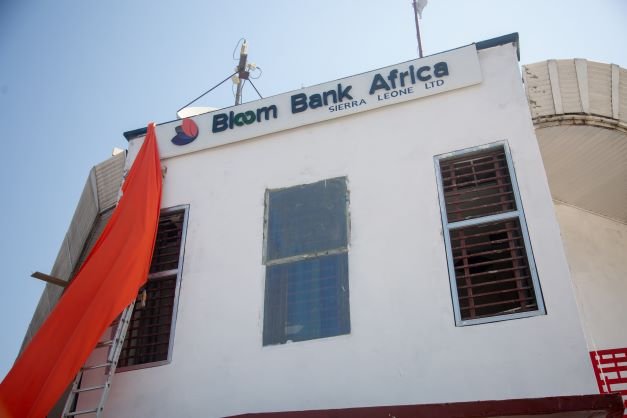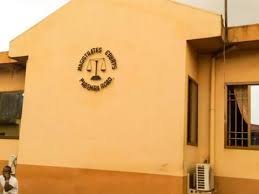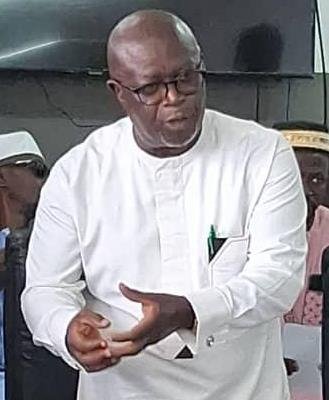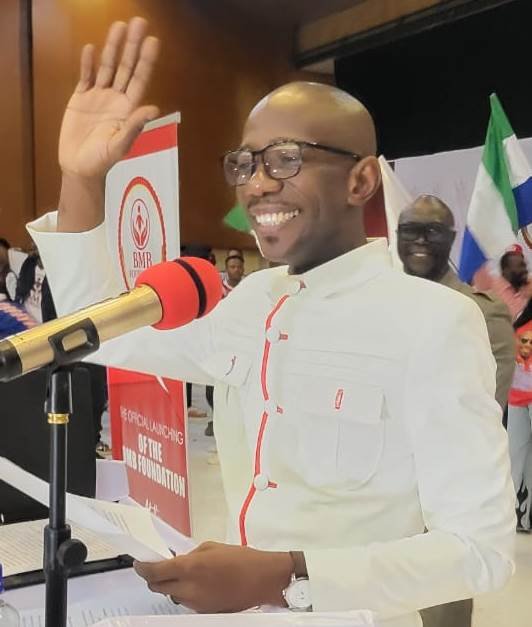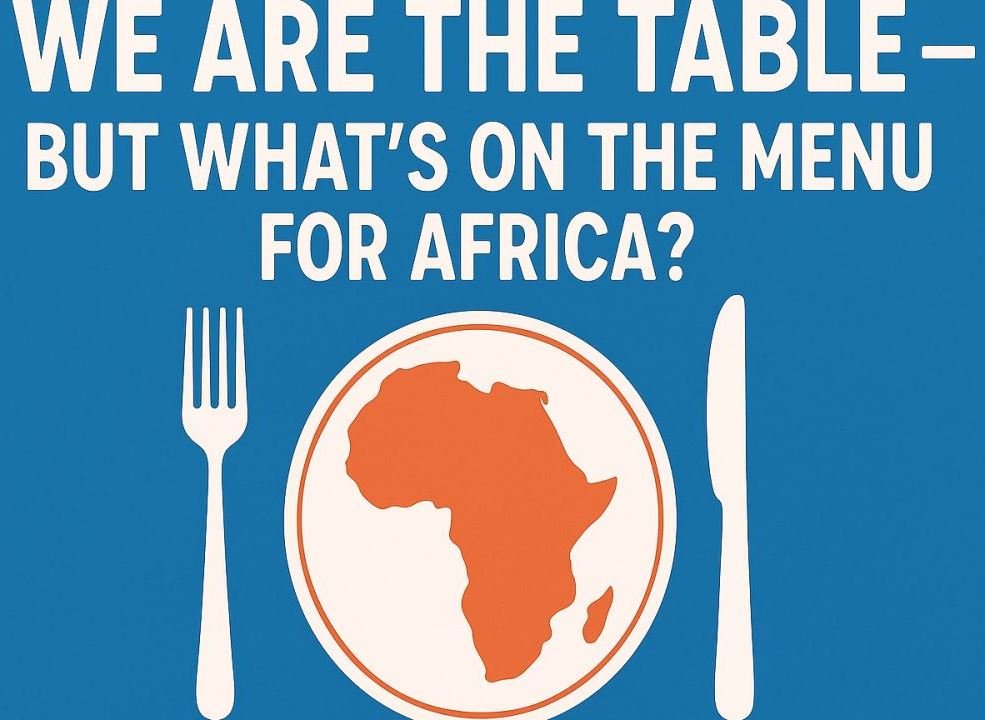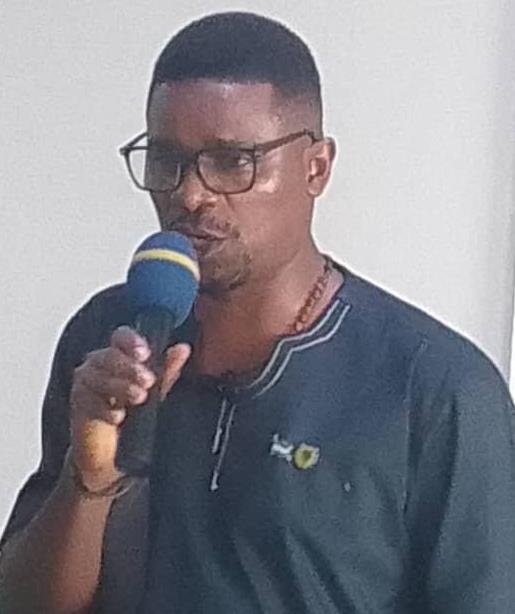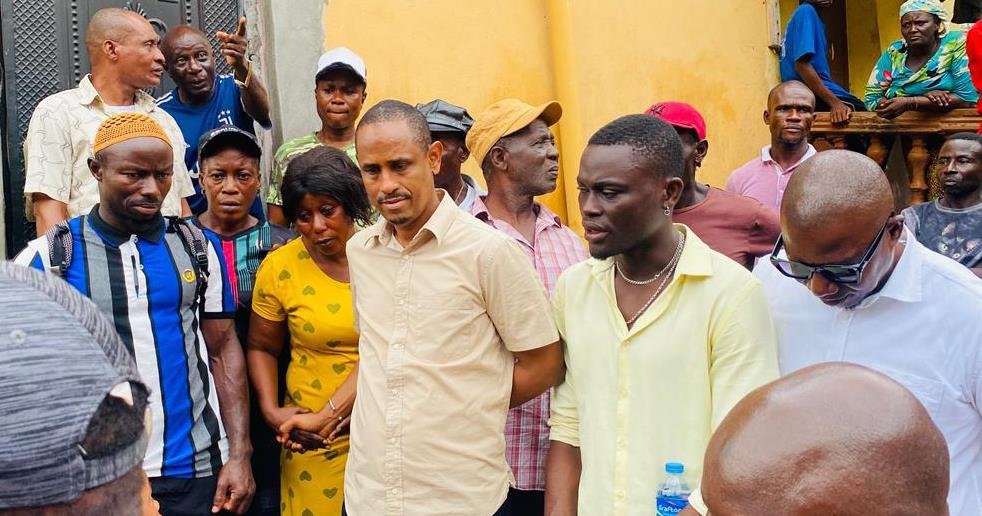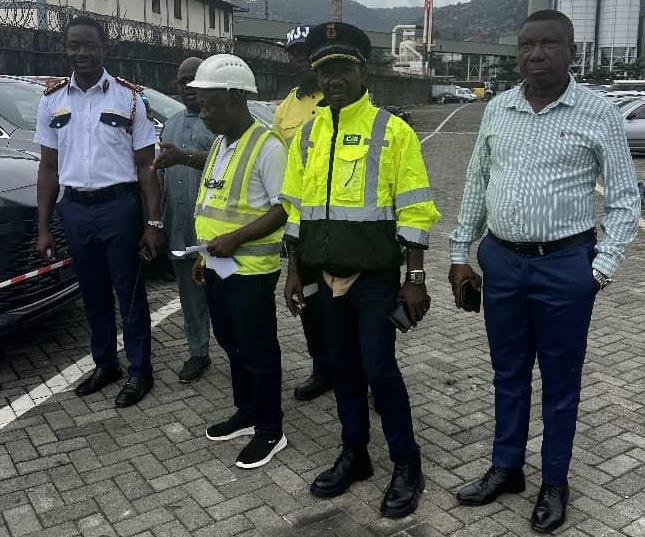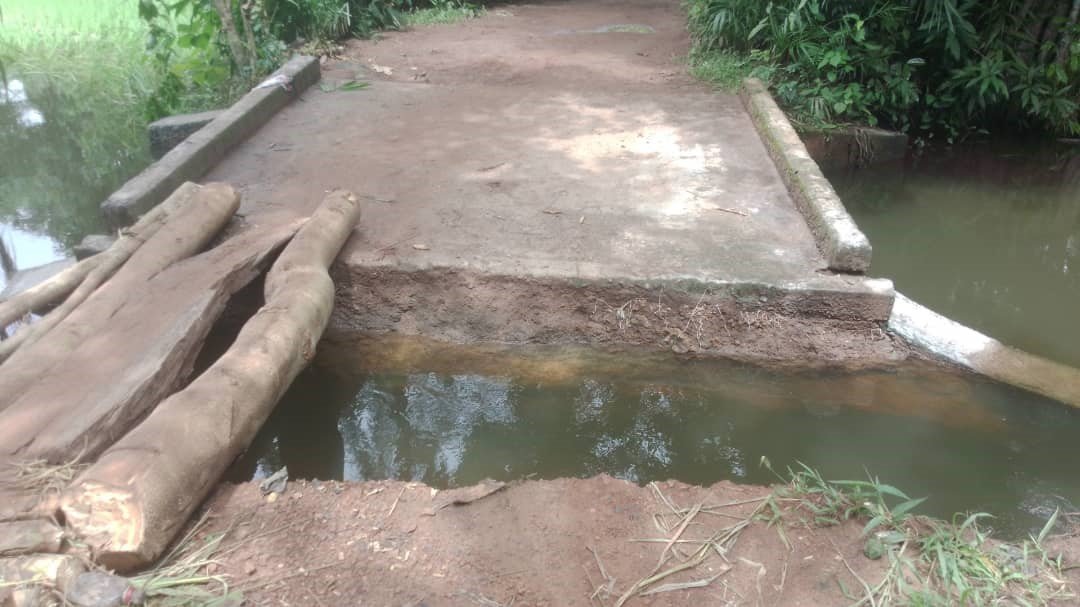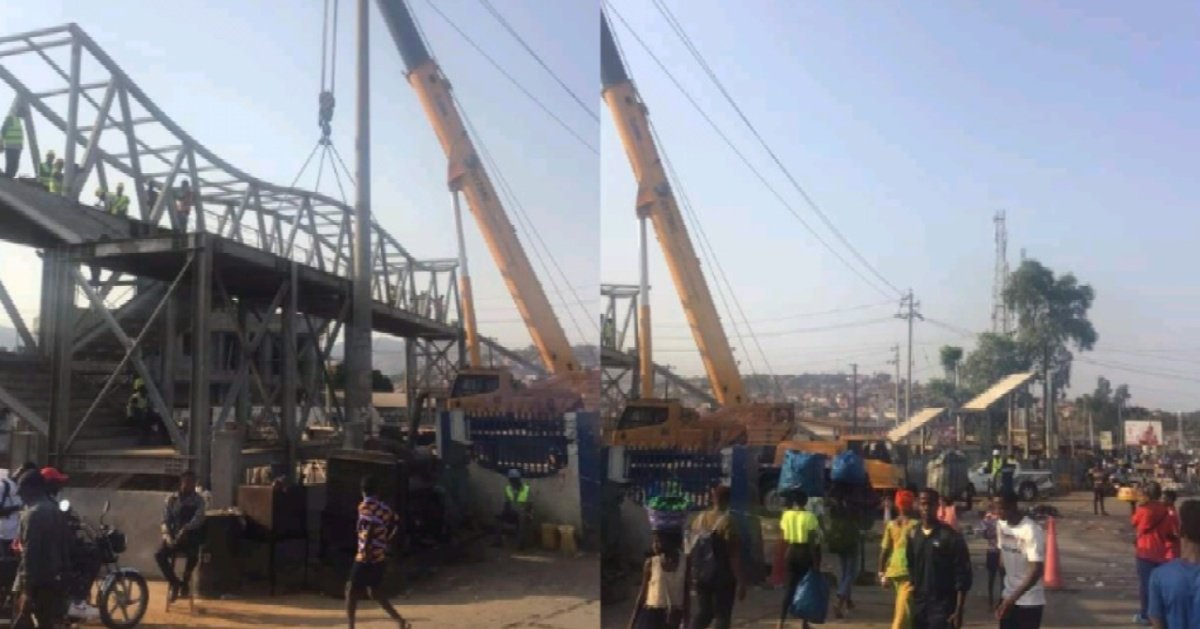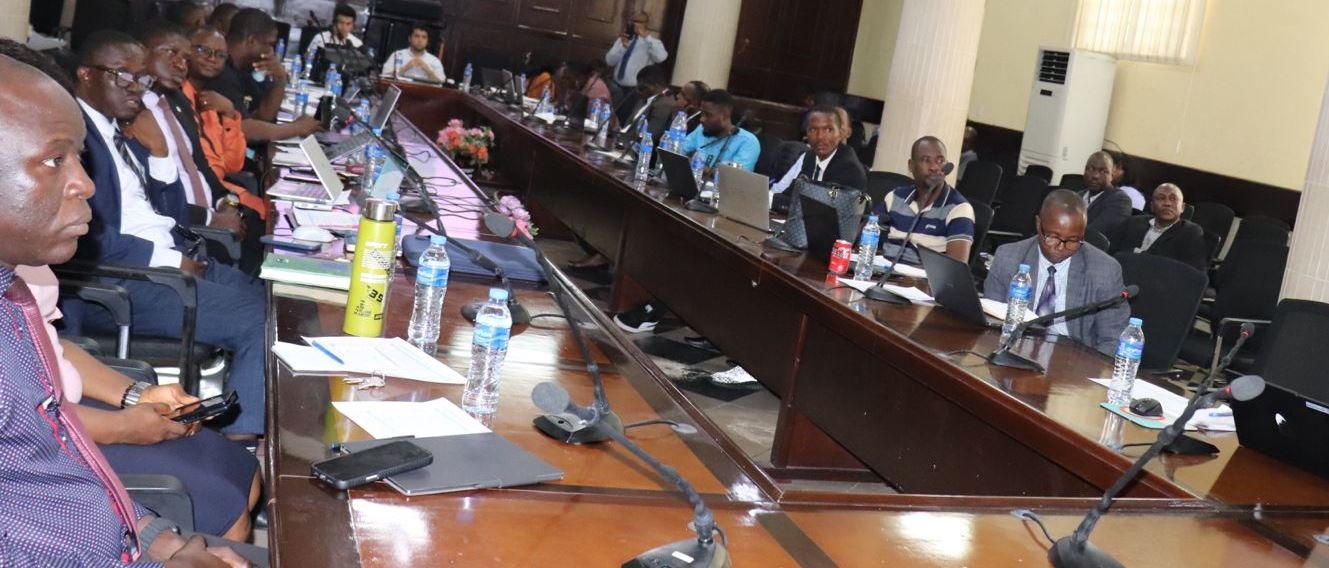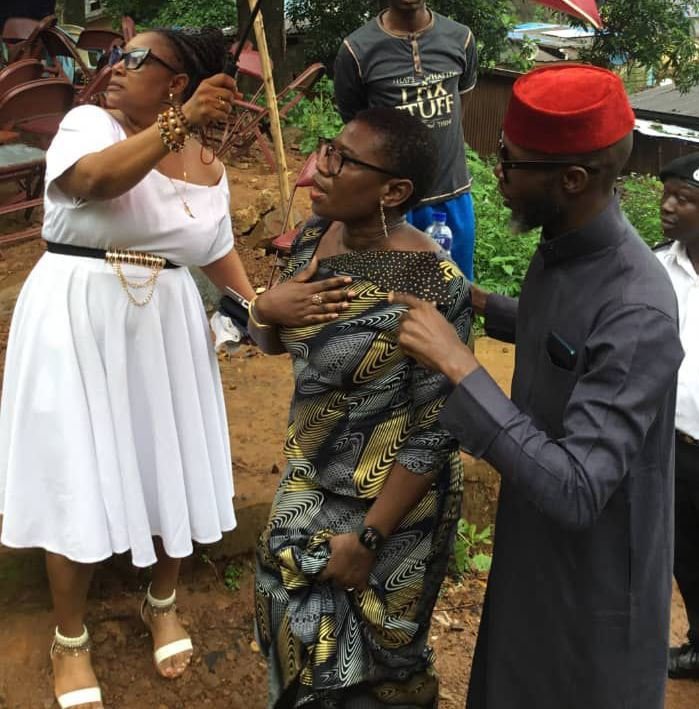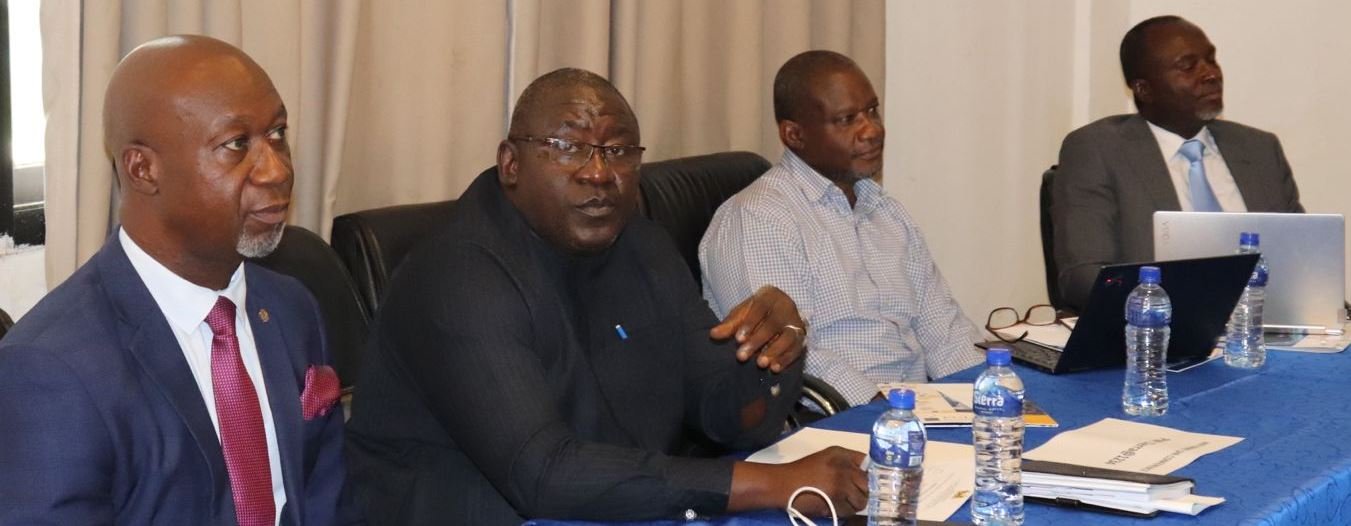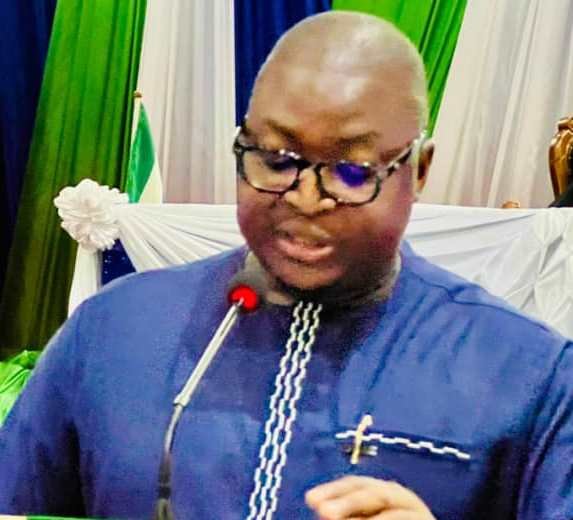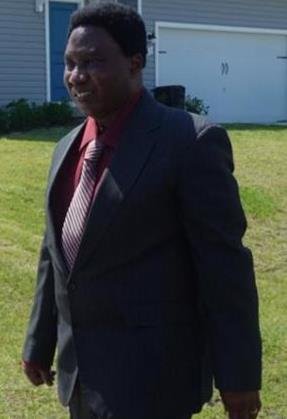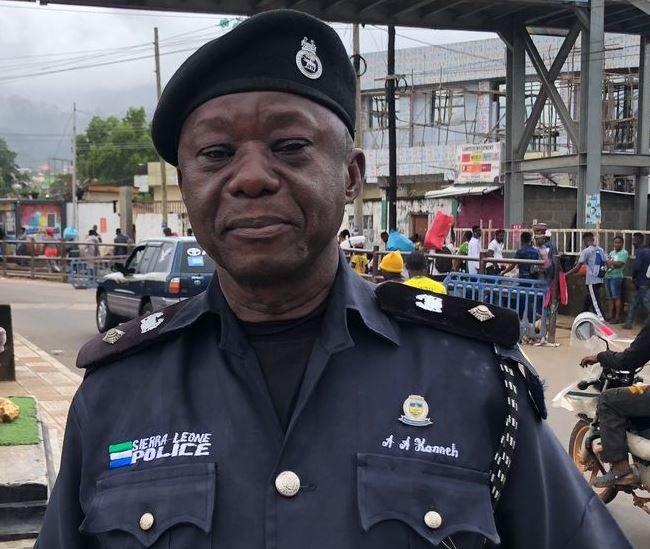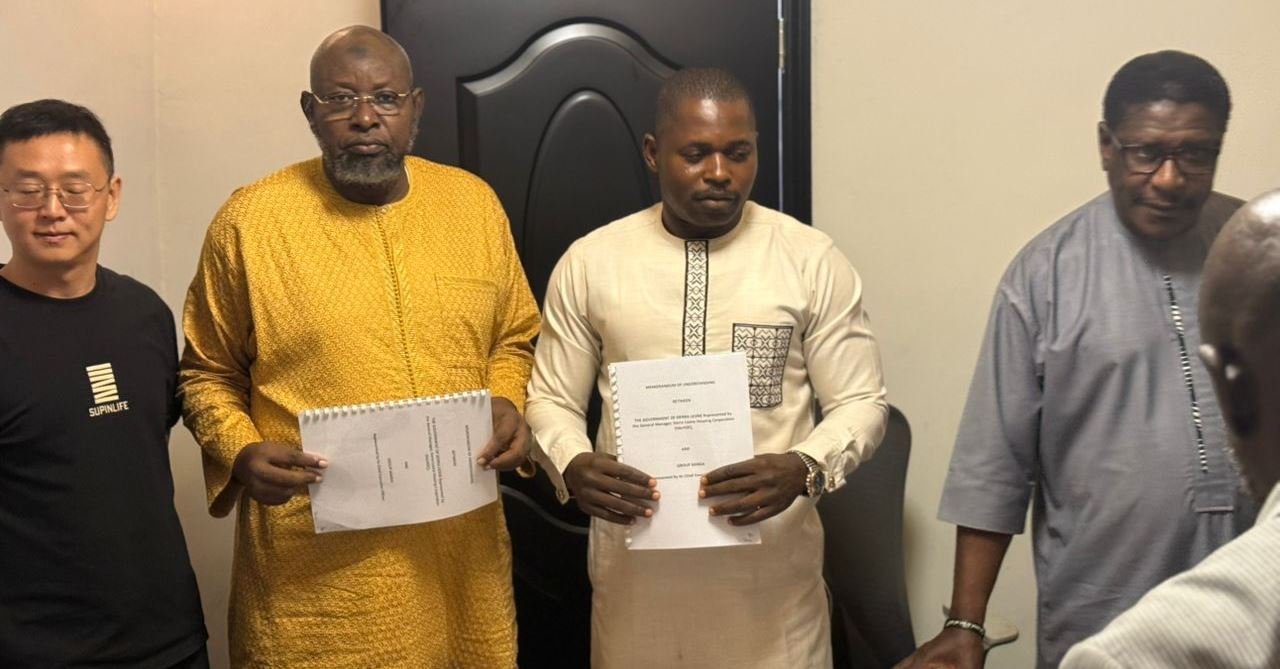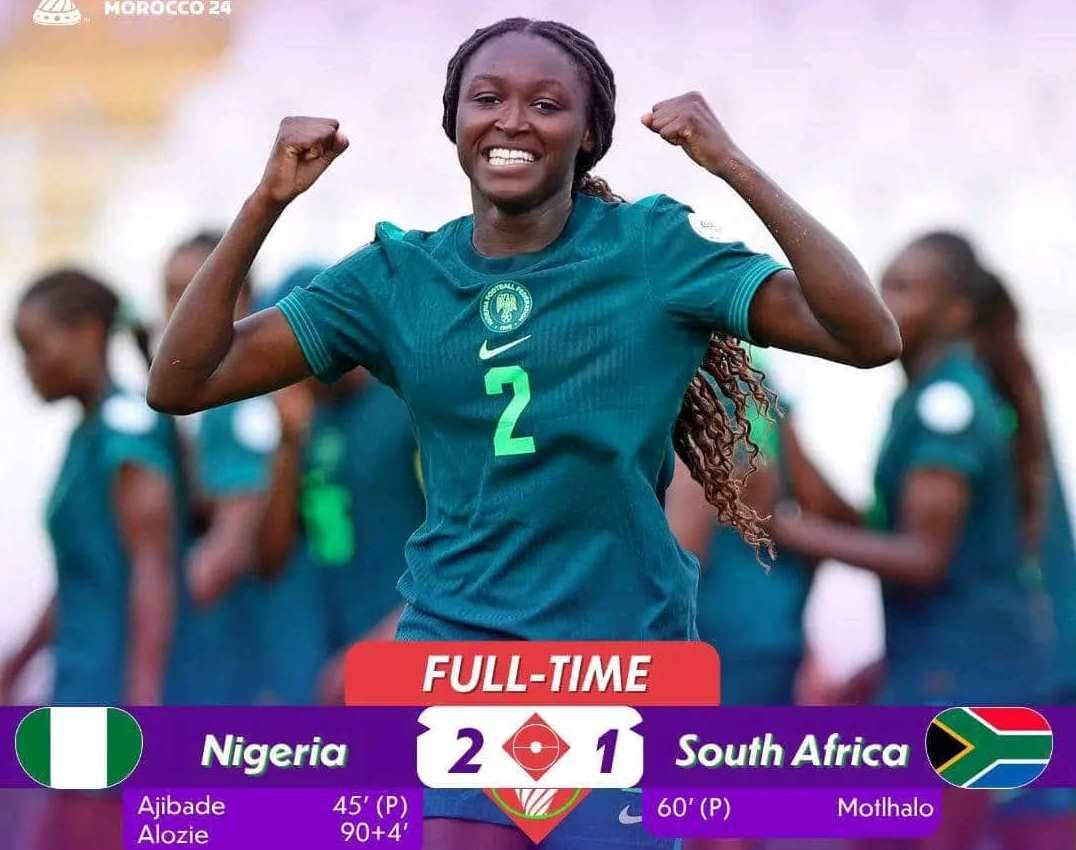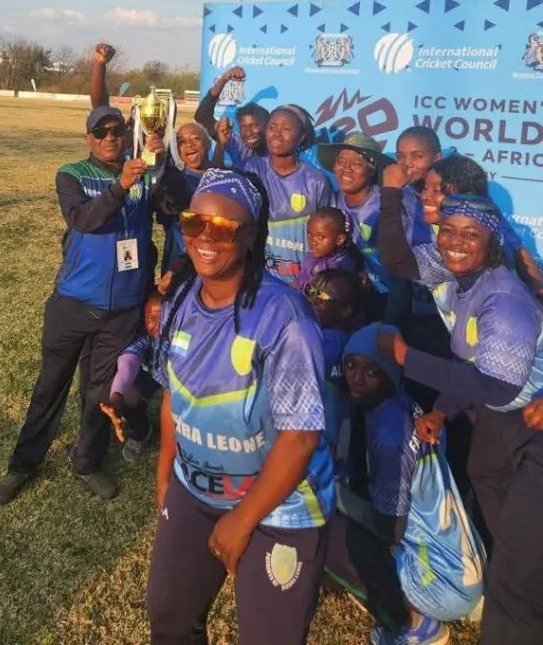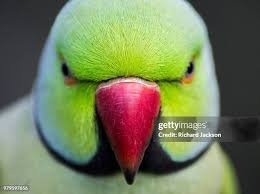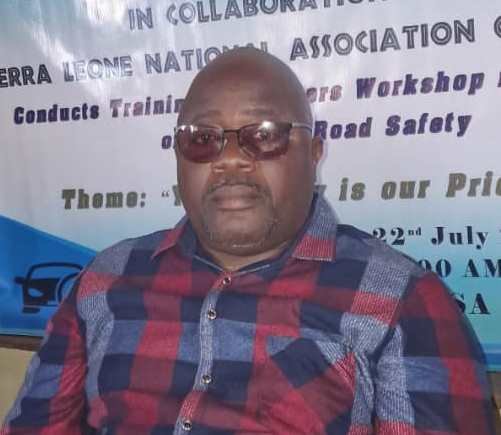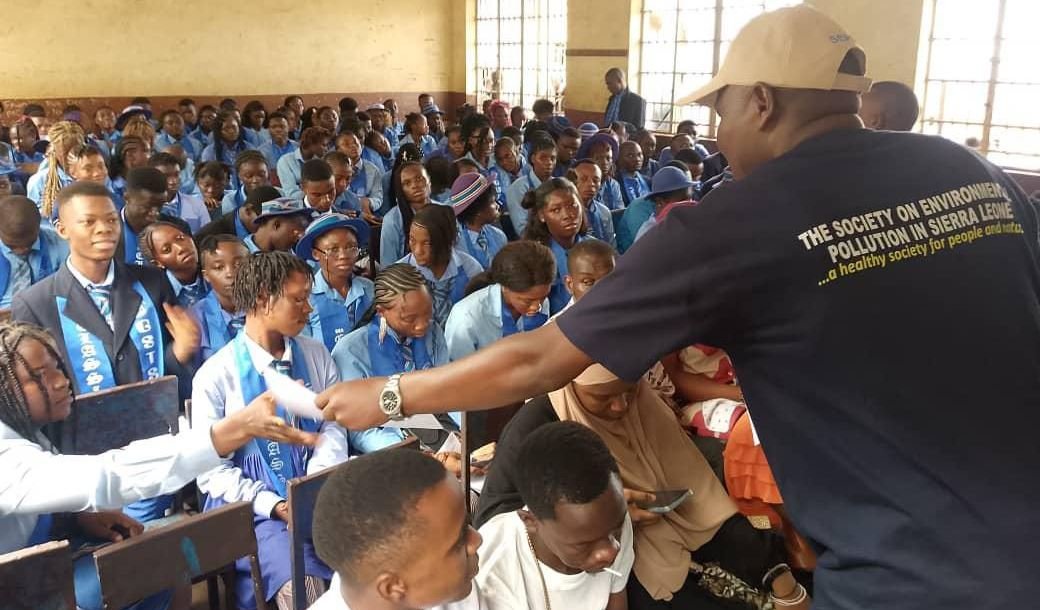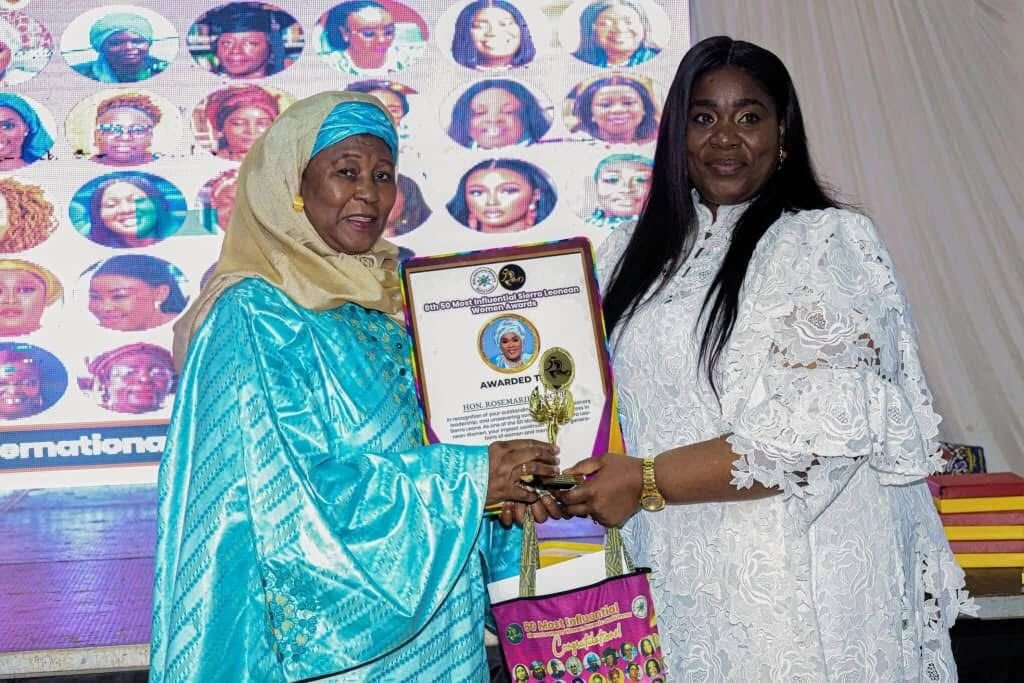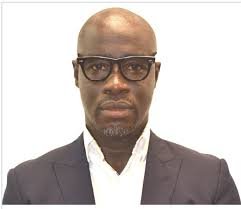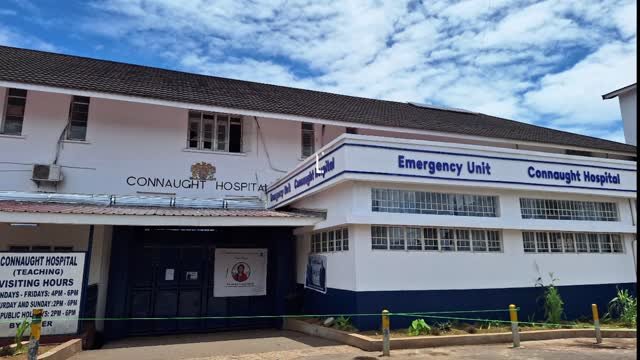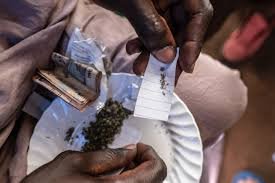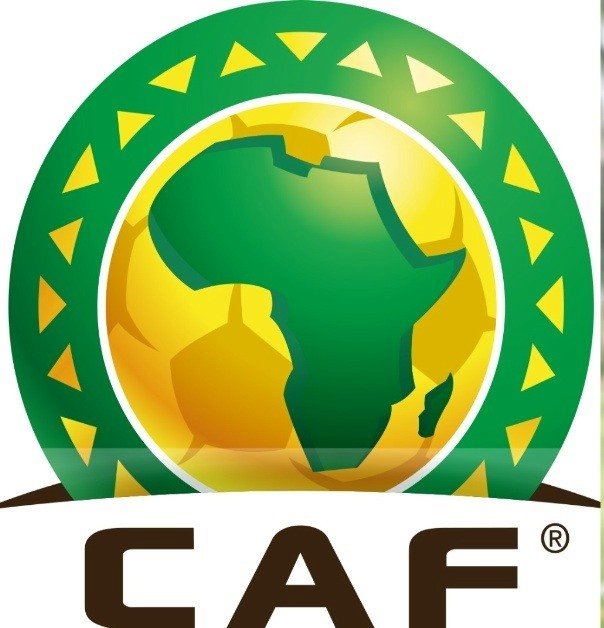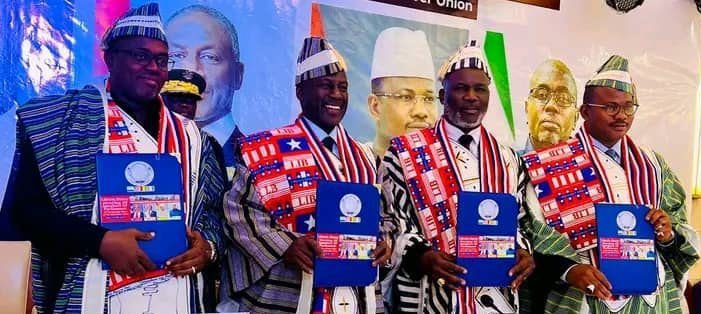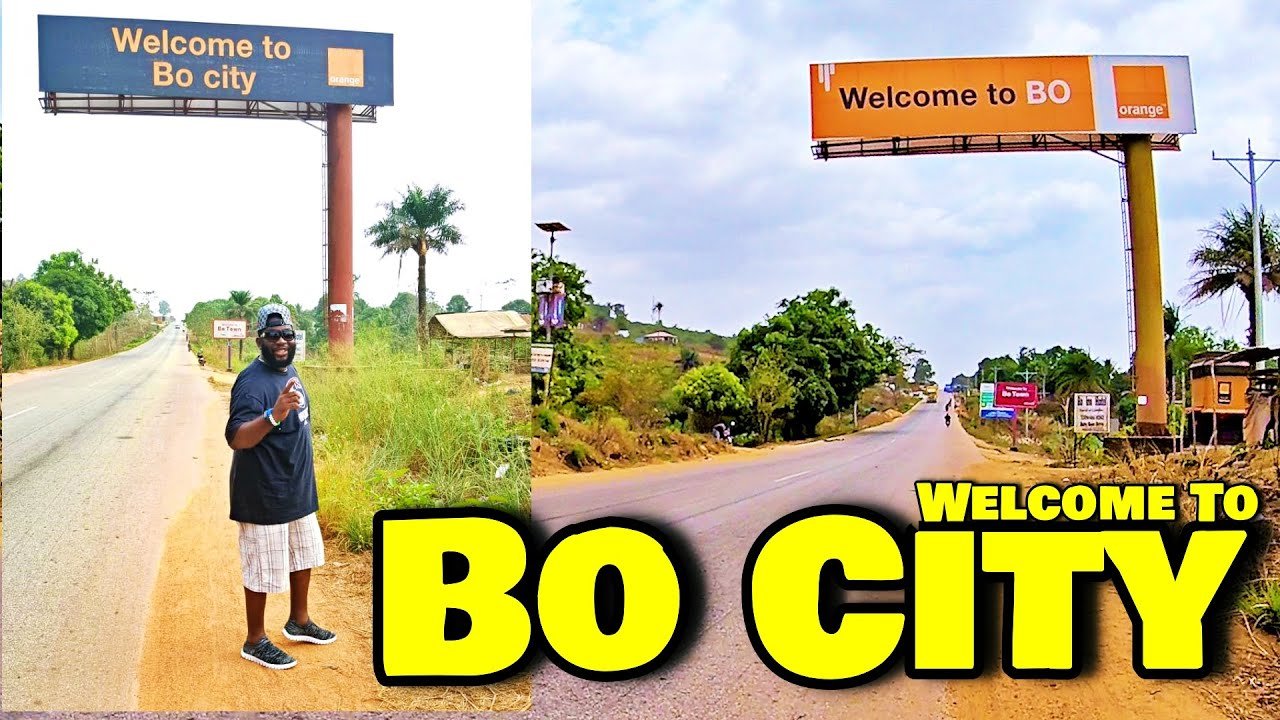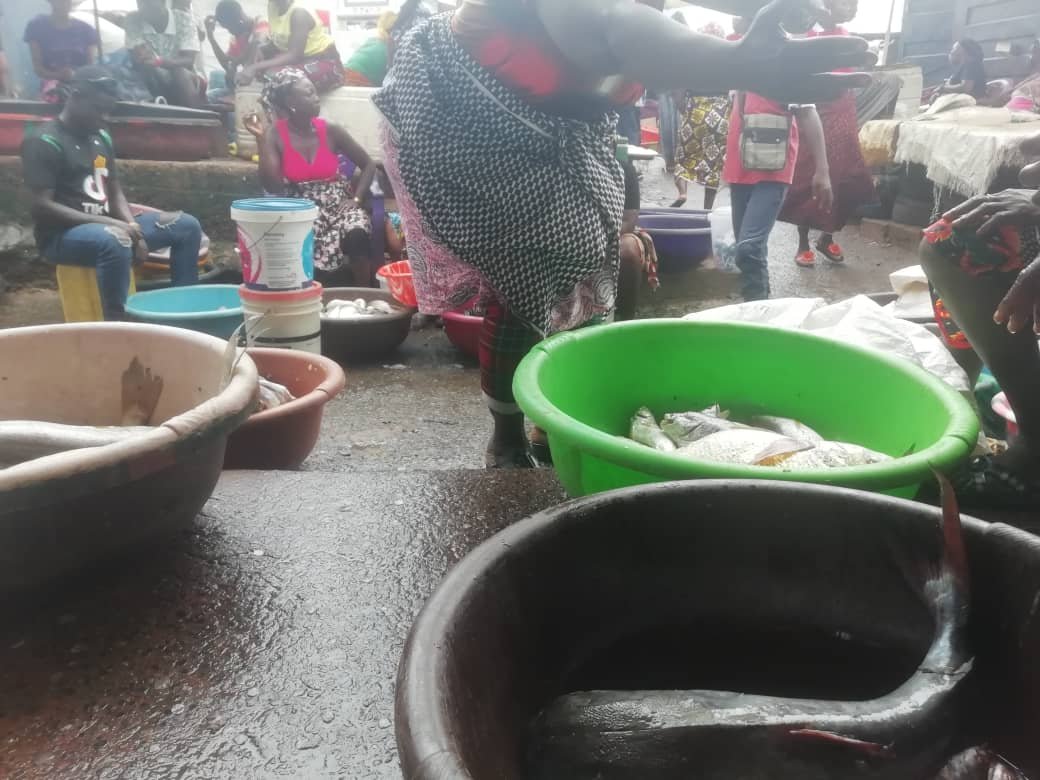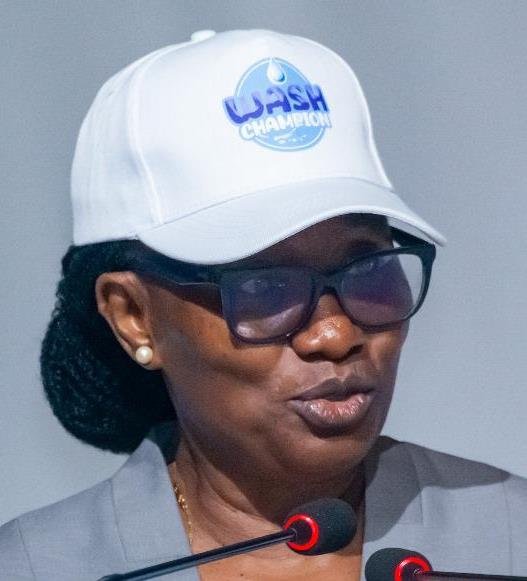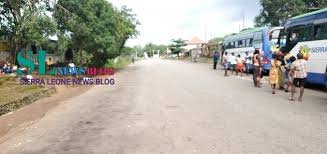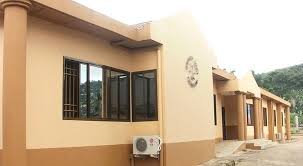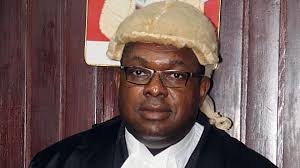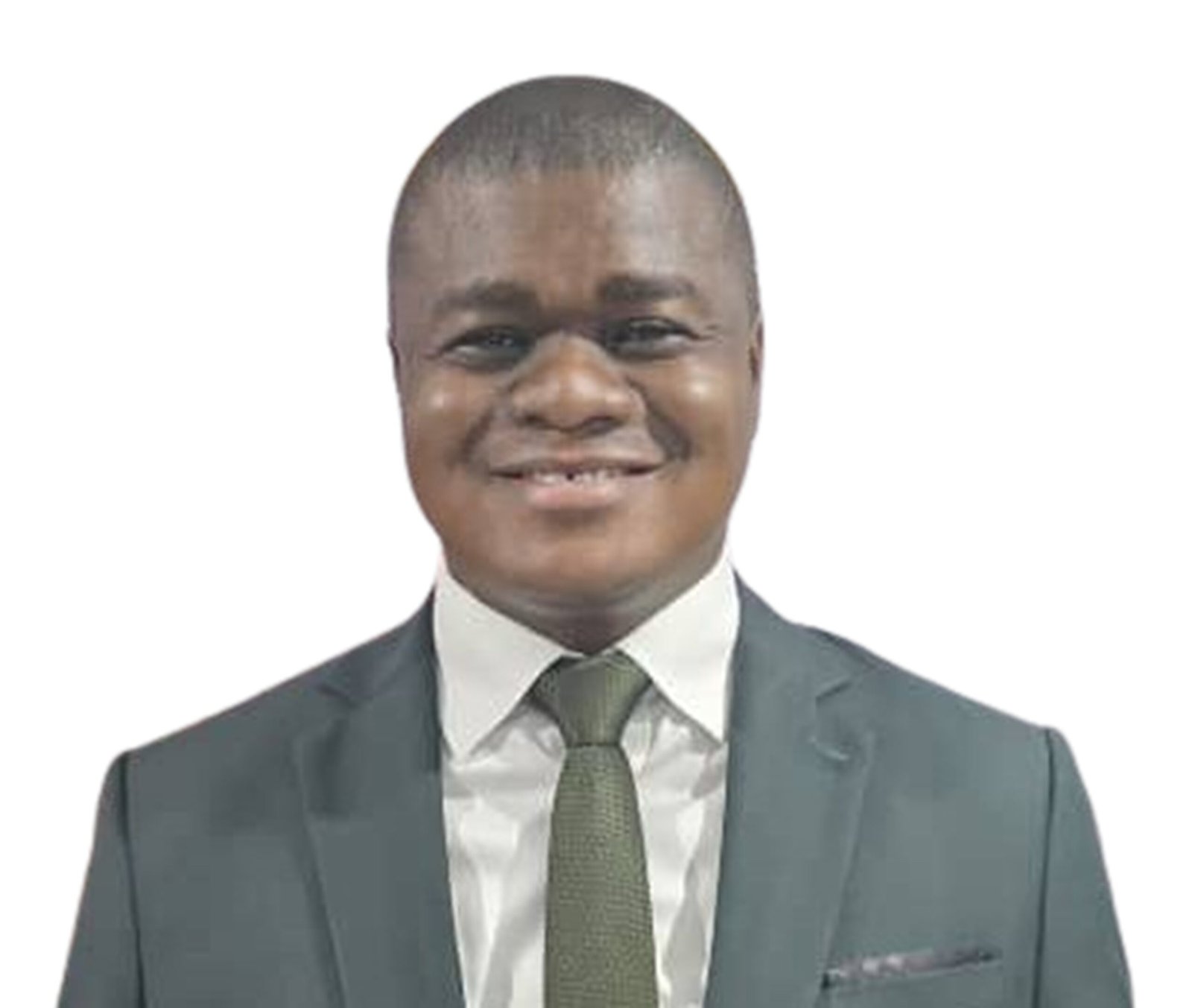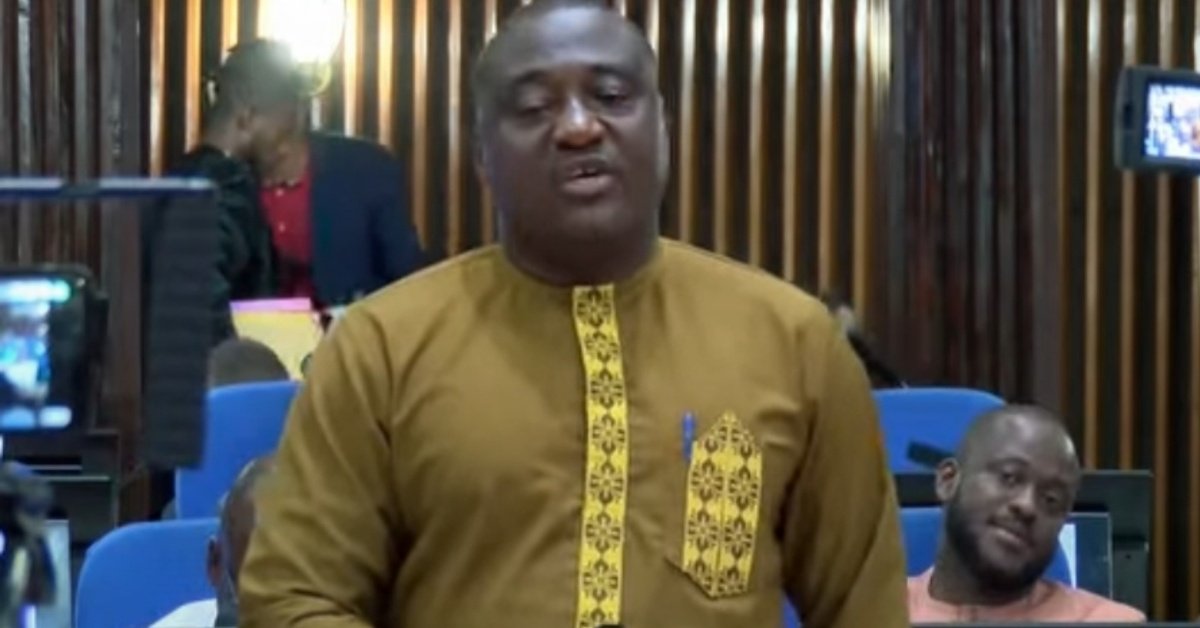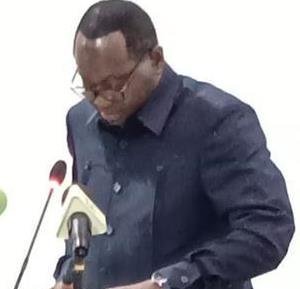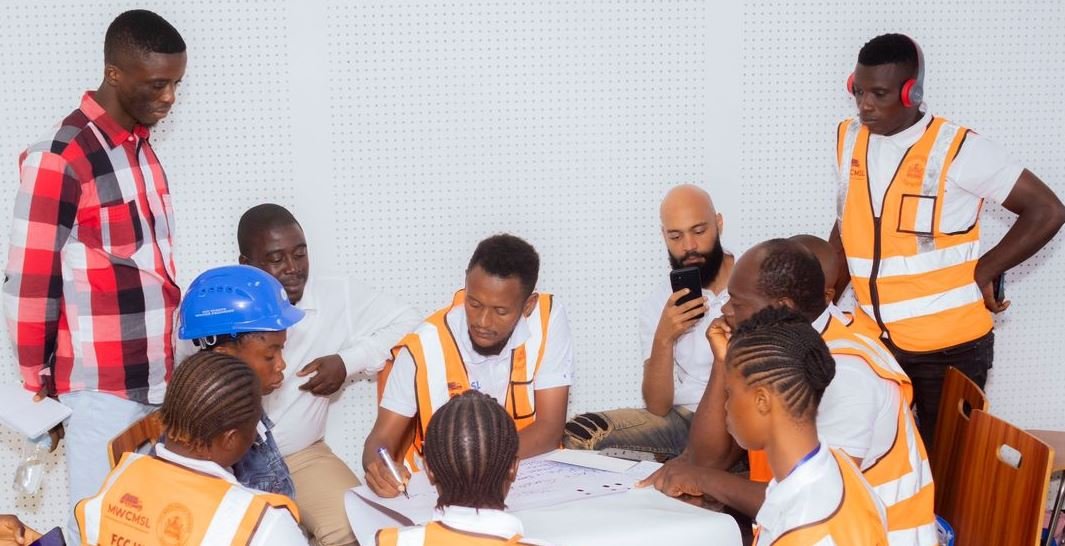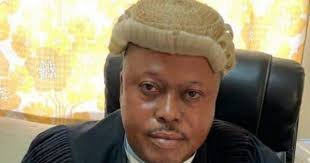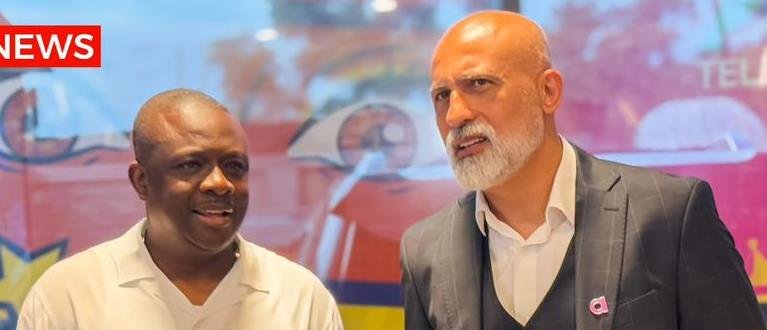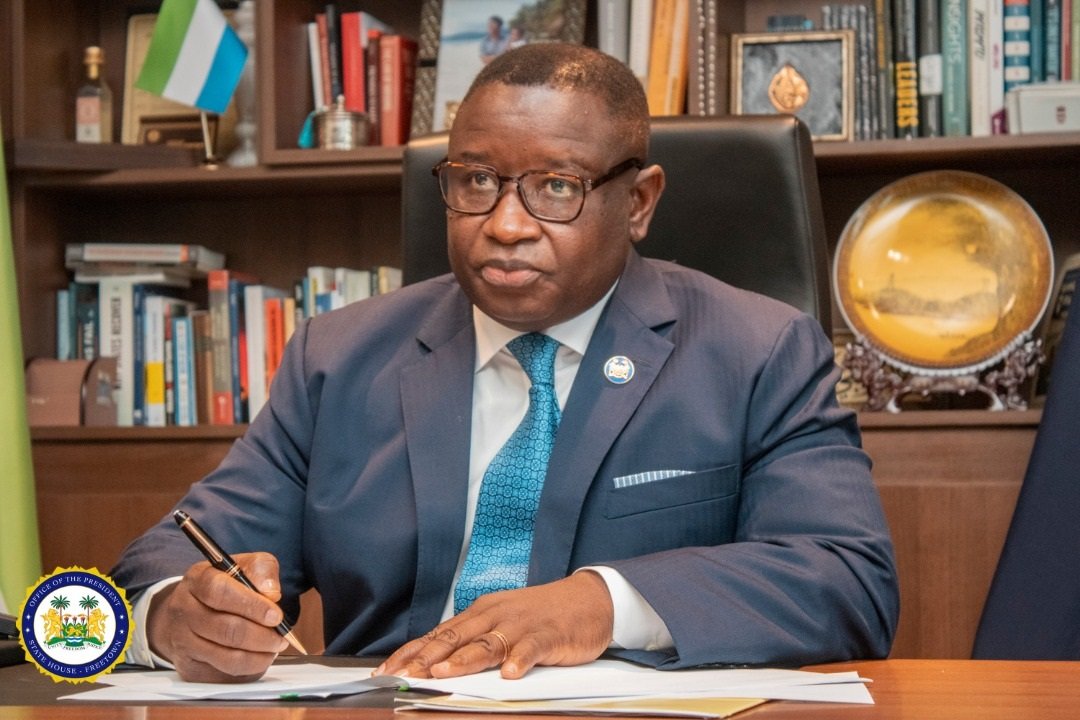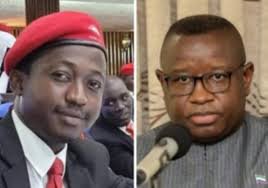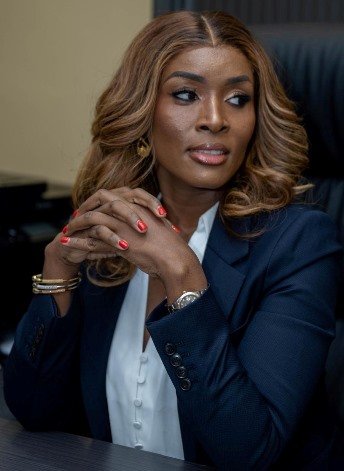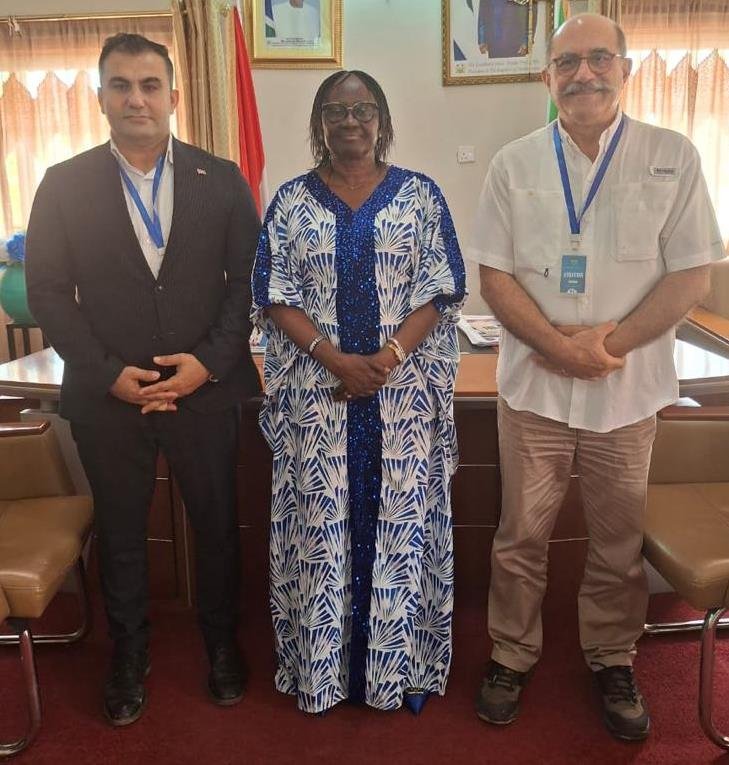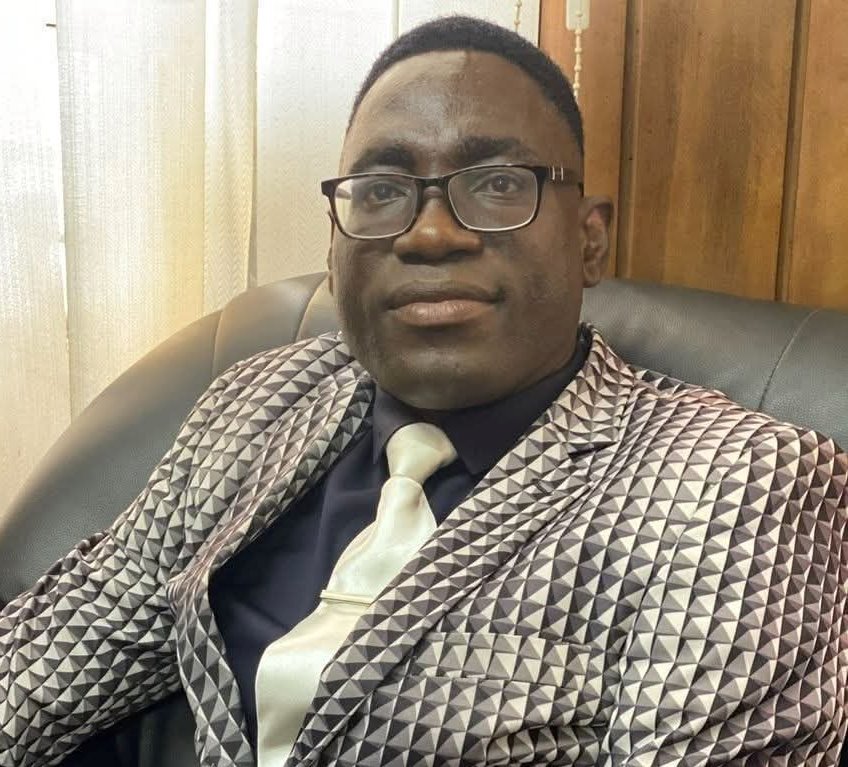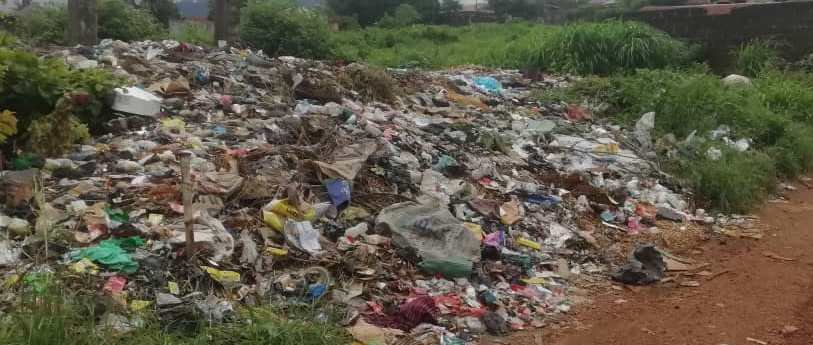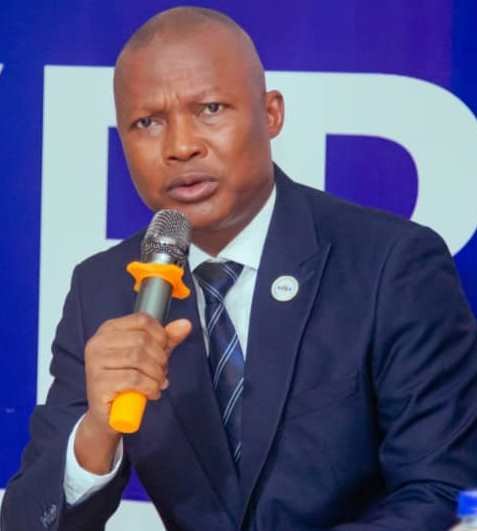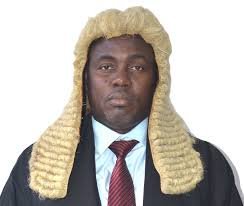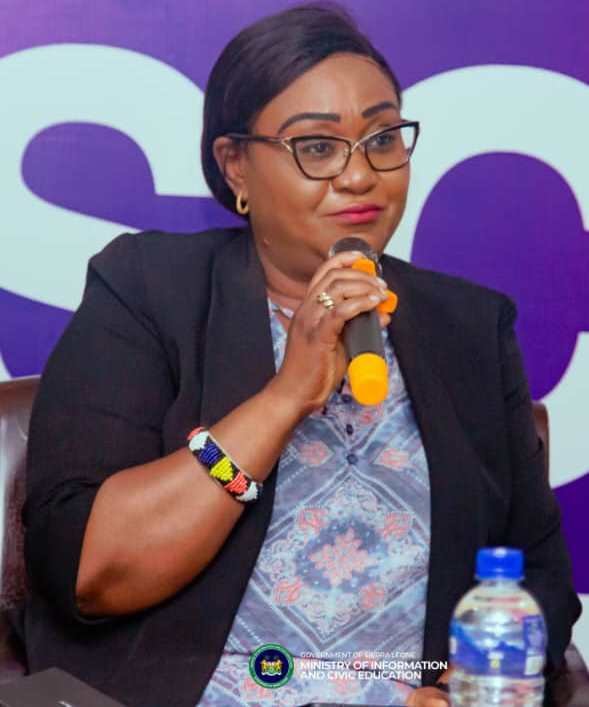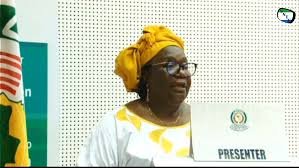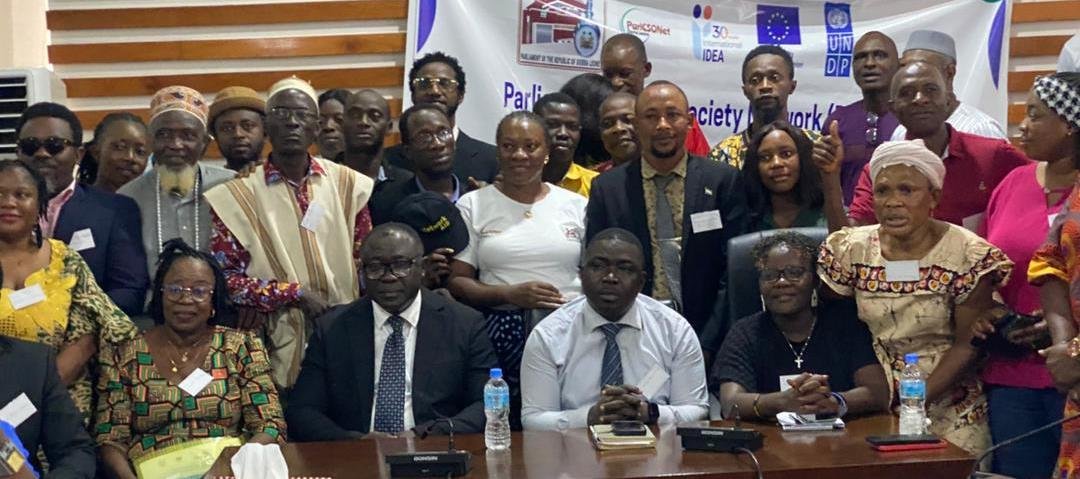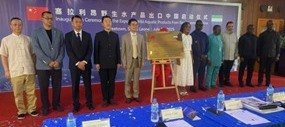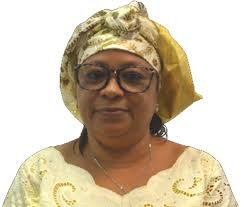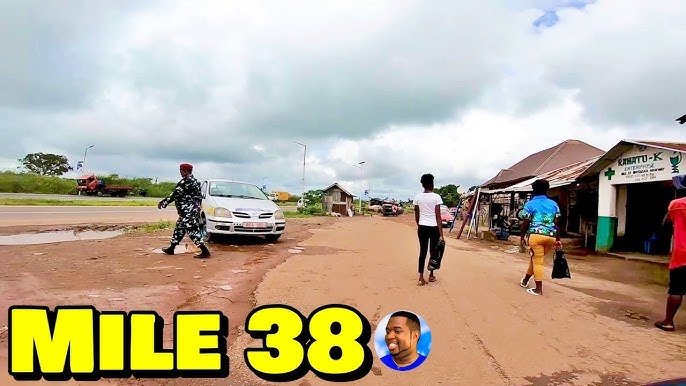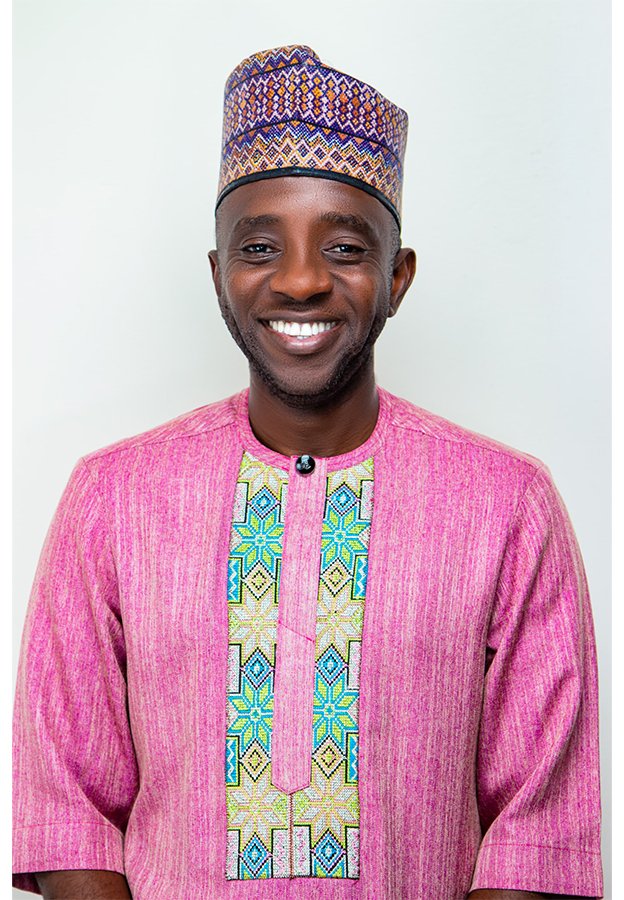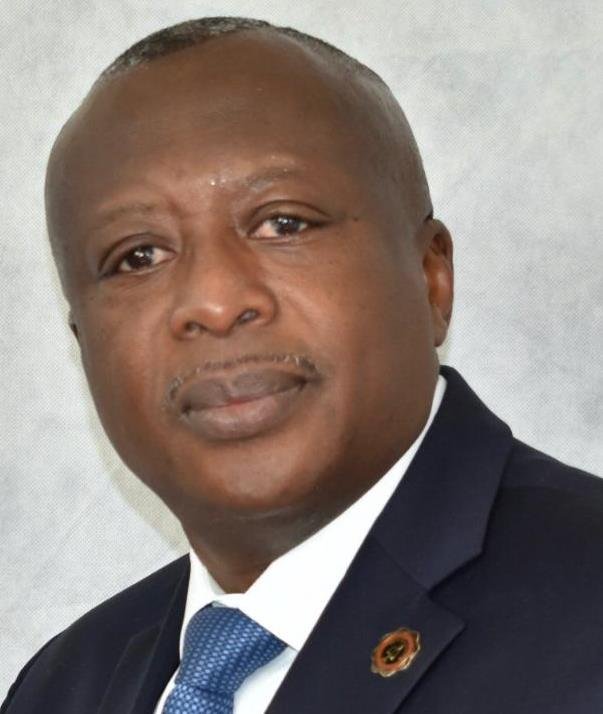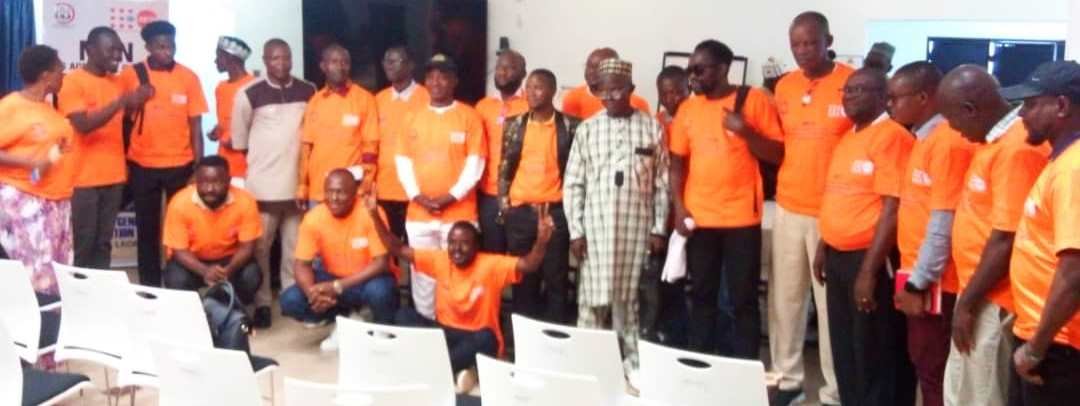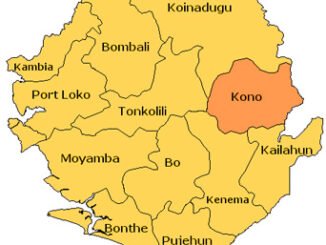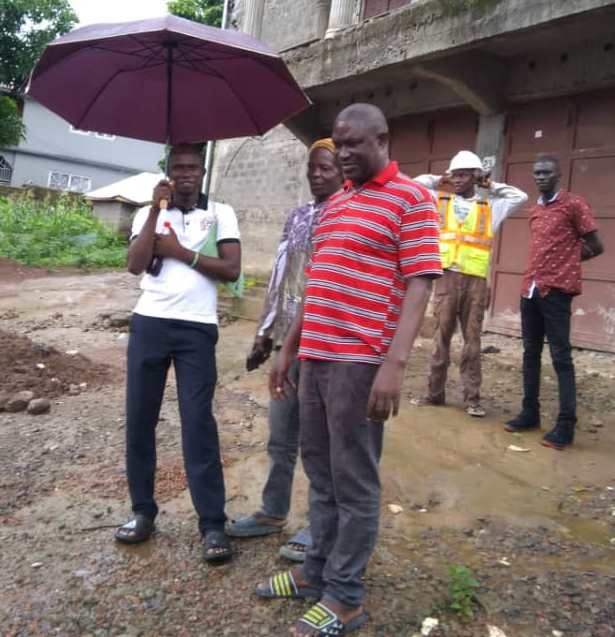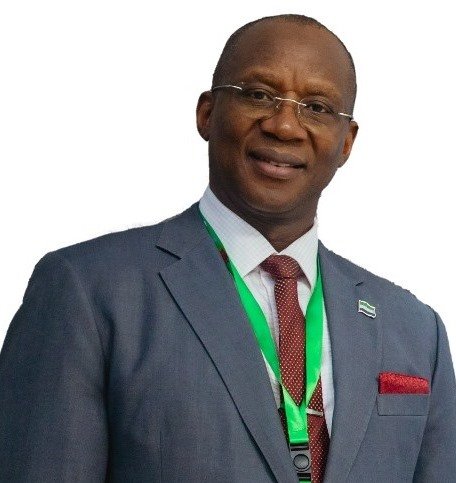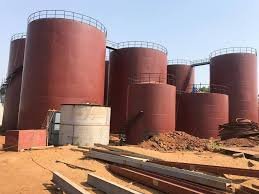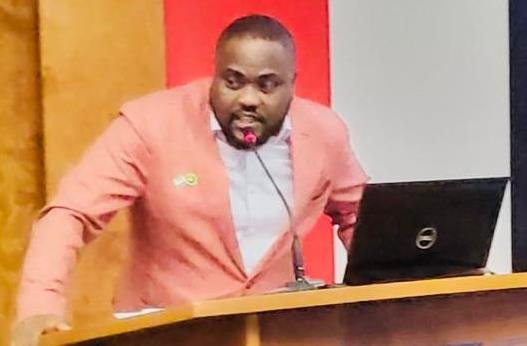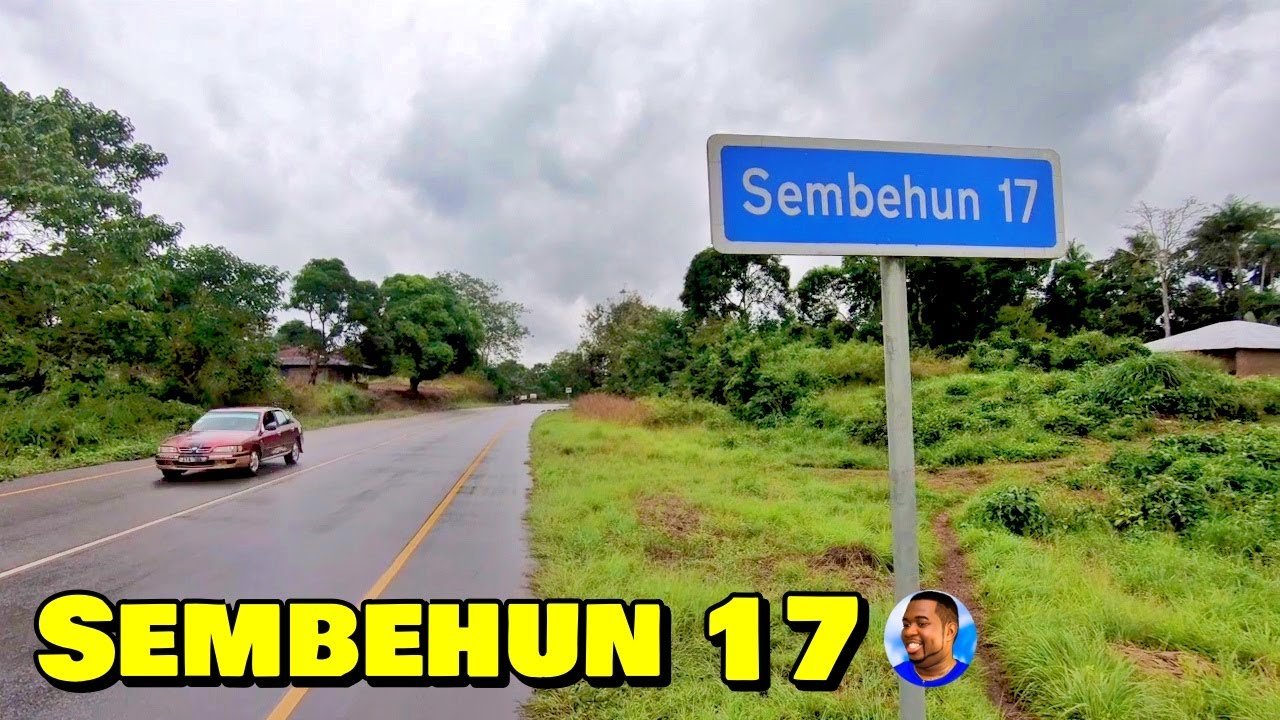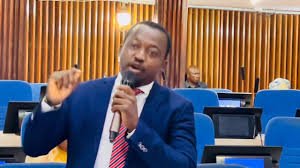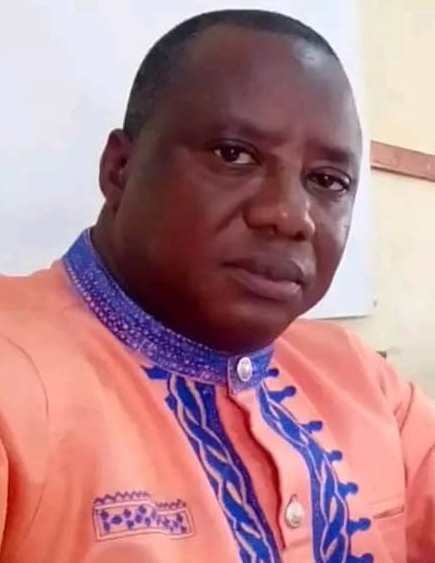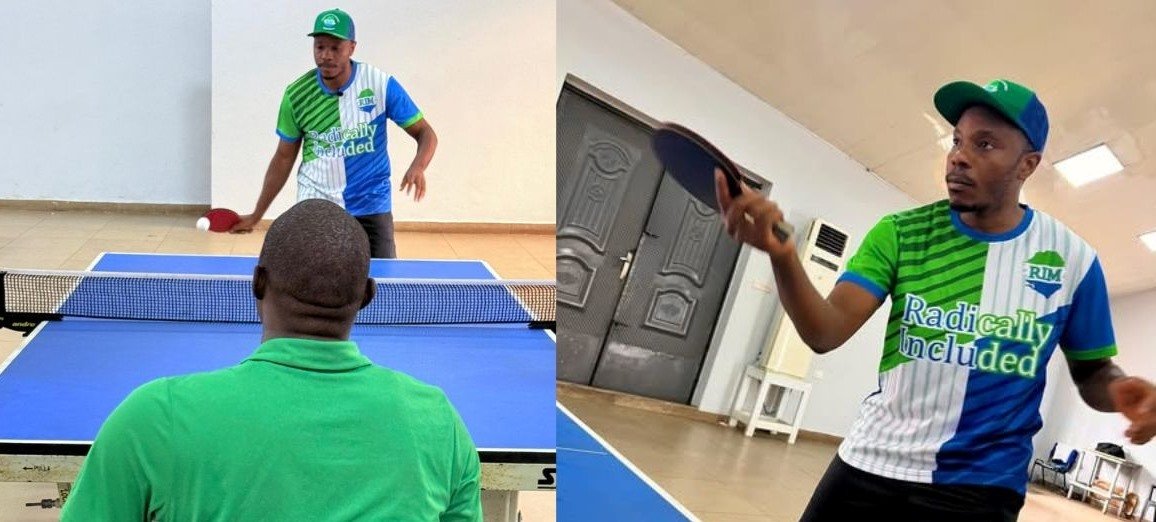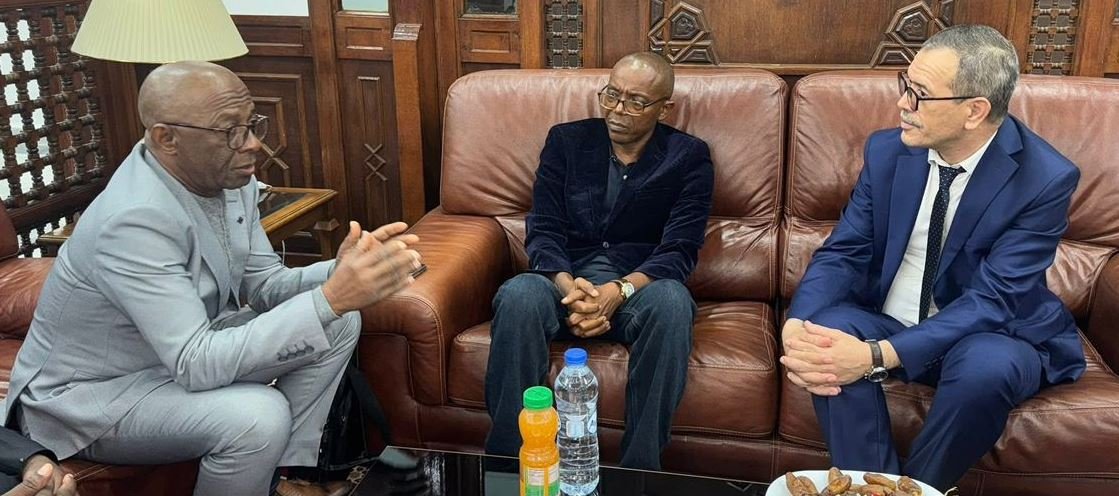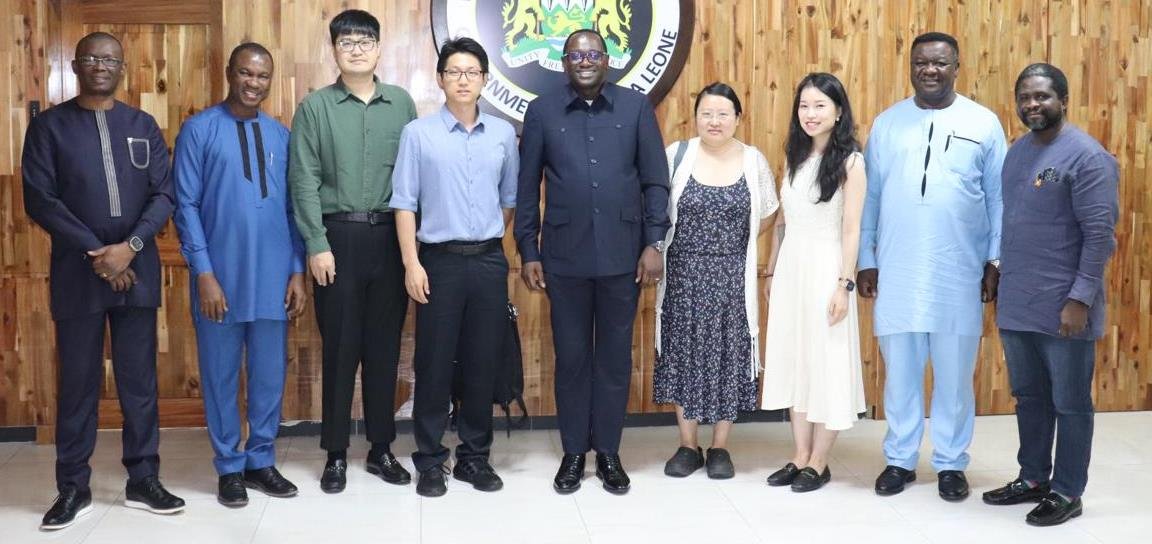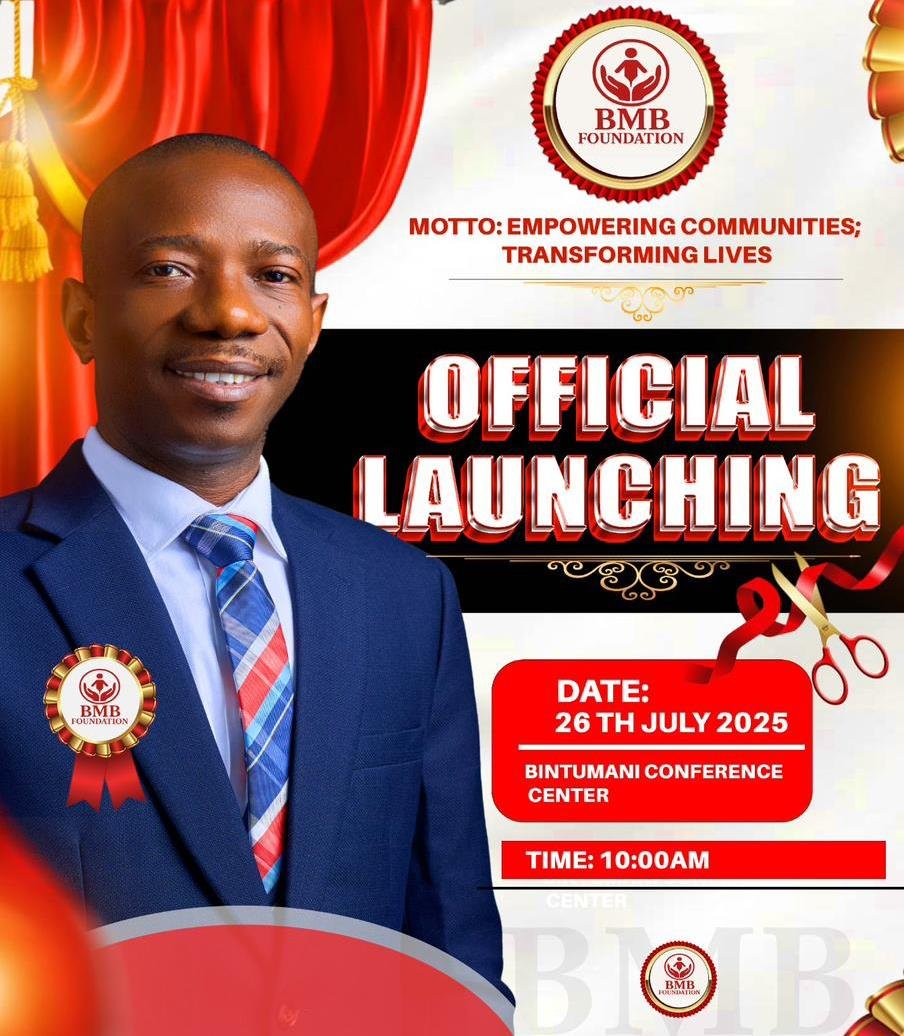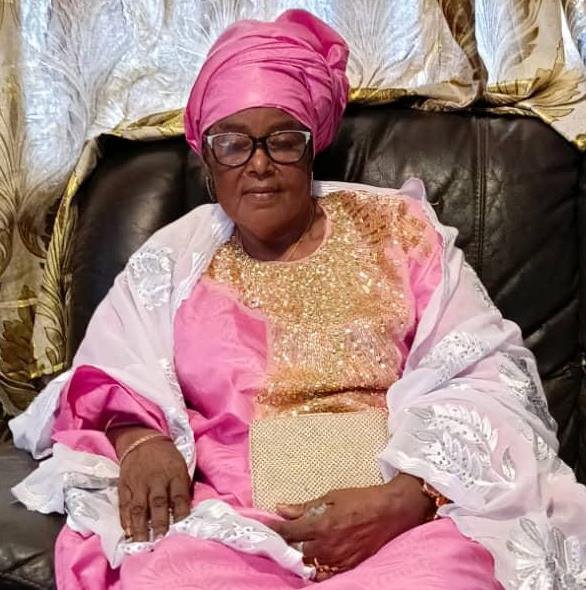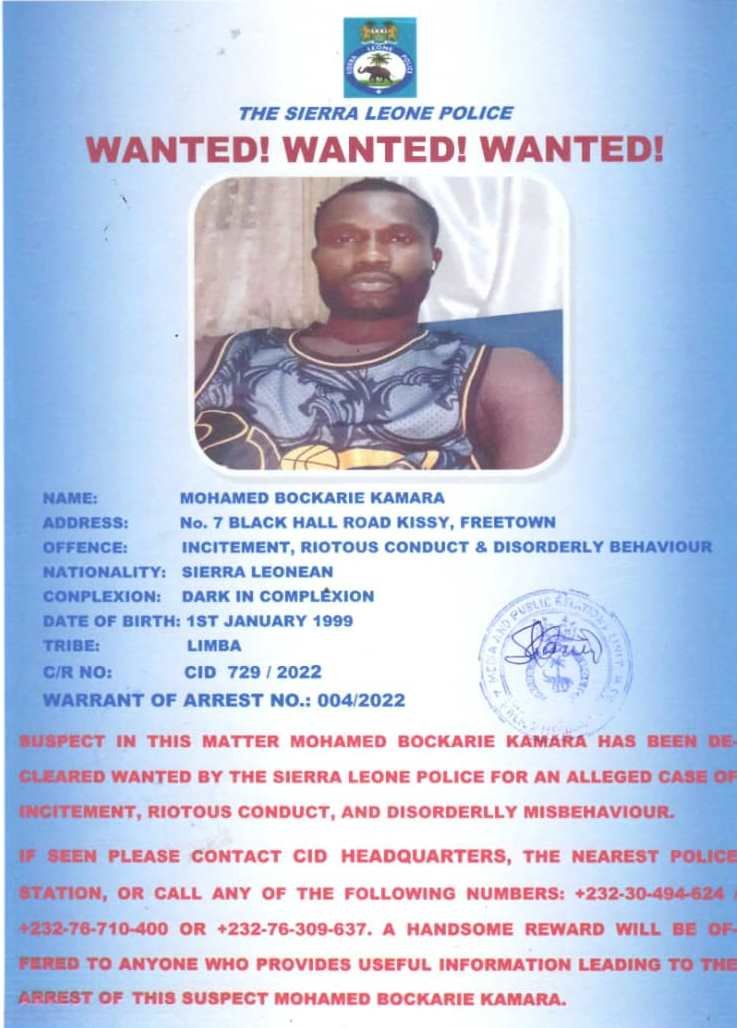Pursuing their academic journey through real-world exposure, students from the Department of International Relations at Milton Margai Technical University recently acquired immersive diplomatic experience through an enlightening field trip to the Ministry of Foreign Affairs and International Cooperation.
The visit provided a profound opportunity for the students to deepen their understanding of international diplomacy and foreign policy.
During the excursion, the university informed the ministry that it is currently offering a critical module titled “Political Systems in Africa,” which offers invaluable insights into Sierra Leone’s foreign policy, diplomatic interactions, and international collaborations.
Franklyn Brima Fawundu, Director of Operations at the Ministry, outlined the pivotal role of the ministry in representing Sierra Leone on the global stage. He elaborated on their responsibilities in managing diplomatic relationships, engaging with both bilateral and multilateral partners, and advancing the nation’s foreign policy goals enshrined in the constitution.
Brima Fawundu outlined the importance of strategic engagement, active participation, and innovative thinking in navigating international affairs. Drawing from his extensive experience as a practitioner, he welcomed inquisitive questions and encouraged ongoing dialogue on diplomacy and foreign relations.
He also revealed that Sierra Leone is actively fostering international investment, including collaborations with Hollywood entities, aimed at boosting key economic sectors via diplomatic channels.
Furthermore, Sierra Leone has assumed a leadership role in climate change initiatives. The country has signed bilateral agreements with European nations, catalyzing activities in agriculture and sustainability, with support from the European Union and diplomatic missions. Additionally, Egypt has identified a major development project within Sierra Leone, exemplifying the ongoing international efforts to promote national growth and stability.
Deputy Director General of Policy, Tamba E. Juana, shed light on Sierra Leone’s rising international stature. Since 2024, the nation has served as a non-permanent member of the United Nations Security Council, marking a significant milestone that underscores its diplomatic influence. Juana spotlighted Sierra Leone’s contributions to global peace and security, leveraging its post-conflict experience, and advocating for reforms within the Security Council efforts that have garnered support from major world powers.
He also highlighted that the country’s diplomatic missions have increased from 16 to 26 missions, reflecting its expanding global presence. Sierra Leone actively participates in regional frameworks such as the African Free Trade Area (AfCFTA), further demonstrating its dedication to regional integration and multilateral cooperation. The overarching ambition remains to promote peace, security, and sustainable development both regionally and globally through active diplomatic engagement.
Discussions focused on Sierra Leone’s collaborative approach to international relations, emphasizing partnerships with donor countries, international organizations, and regional bodies to implement national development plans like the Medium Term National Development Strategy and the “Five Big Game Changers” initiative.
When queried about attracting foreign investment, Juana passionately explained that the ministry facilitates the coordination of resources, securing funding, technical assistance and scholarships from countries such as Morocco, Qatar, Malaysia, and Australia resources that are subsequently allocated to relevant ministries for implementation.
He also reaffirmed Sierra Leone’s commitment to peaceful border resolution with Guinea and Liberia. Utilizing regional mechanisms like ECOWAS, the African Union, and the International Court of Justice, the government actively engages in dialogue to settle territorial disputes. Despite historical and cultural ties with Guinea, Sierra Leone remains dedicated to diplomatic engagement, planning regular meetings to address boundary issues peacefully and prevent escalation.
Towards the end of the visit, Deputy Director General underscored the importance of practical experience, mentorship, and adaptability for aspiring diplomats. He suggested continuous learning beyond classroom settings advocating for internships and visits to key ministries, especially in critical sectors such as climate change and international law to build comprehensive knowledge.
He lamented the decline of traditional reading and research habits among younger generations, contrasting it with his own immersive experience in libraries and books, which enriched his vocabulary and professionalism. He encouraged students to prioritize reading, research, and critical inquiry to prepare effectively for future leadership roles in international relations.
Success Jusu Jaka Ngobeh, lecturer of the International Relations Department at Milton Margai University, praised the ministry’s initiative for providing students with practical exposure through site visits and interactive sessions. He expressed appreciation for the ministry’s engagement, insightful responses, and potential internship opportunities that enhance students’ learning experiences.
Ngobeh called for sustained collaboration, including regular visits, lectures, and mentorship programmes, to ensure continued educational growth and professional readiness. He stated, “Such experiential engagements are vital for shaping competent future diplomats and international relations experts.”







